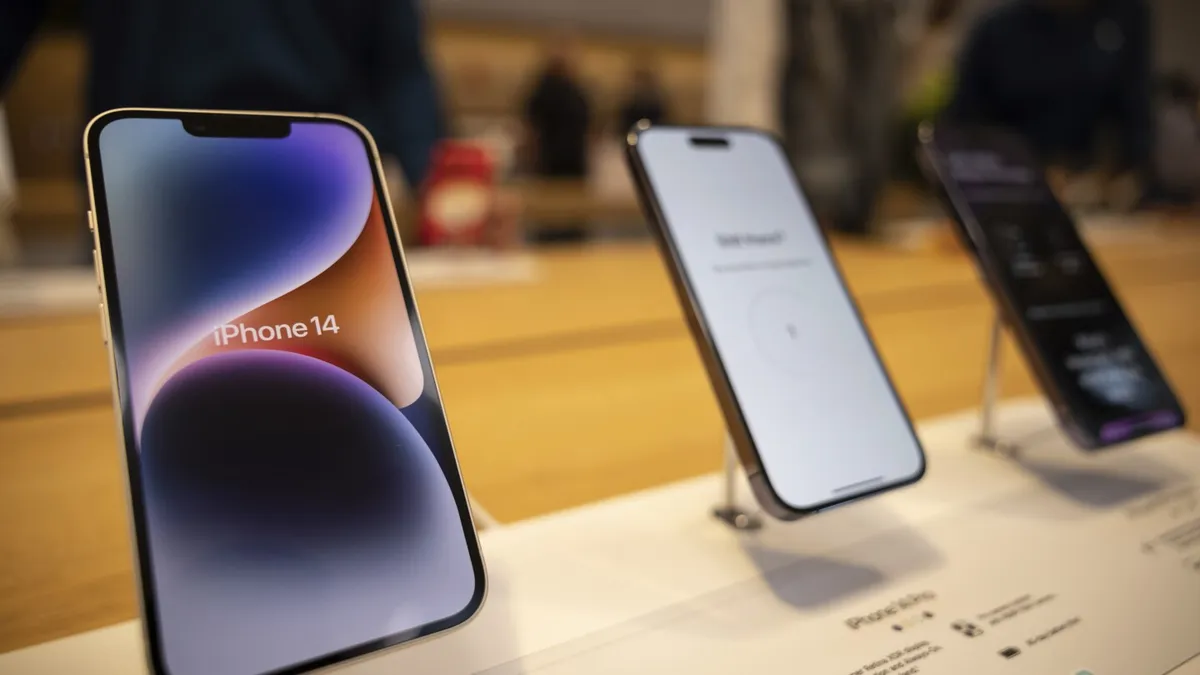
In a significant announcement late Friday, the Trump administration revealed plans to exclude essential electronics such as smartphones and laptops from reciprocal tariffs. This strategic decision aims to alleviate pricing pressures on popular consumer electronics that are predominantly manufactured outside the United States. By implementing these exemptions, the administration is poised to provide relief to major tech companies, including Apple, Samsung, and semiconductor manufacturers like Nvidia.
According to U.S. Customs and Border Protection, a variety of items will qualify for the exemption, including hard drives, flat-panel monitors, and certain types of chips. Notably, machines utilized in the production of semiconductors will remain excluded from these tariffs, thus sparing them from the current 145% tariffs imposed on imports from China and the 10% baseline tariffs applicable to other countries. This recent change marks yet another alteration in the Trump administration's tariff strategy, which has seen numerous revisions aimed at reshaping the landscape of international trade.
While the administration's ultimate goal is to bolster domestic manufacturing, these exemptions highlight the current reality of the electronics supply chain, which is predominantly situated in Asia. For instance, research from Wedbush Securities indicates that approximately 90% of iPhones are manufactured and assembled in China. This statistic underscores the complexities involved in shifting production back to the United States, a task that may prove to be both challenging and time-consuming.
Analyst Dan Ives from Wedbush expressed that this move alleviates a significant burden on the tech sector and reduces the pressure faced by U.S. Big Tech companies. In a research note, he referred to the exemption as lifting “a huge black cloud overhang” for the industry. Previously, President Trump had indicated a willingness to consider tariff exemptions for certain companies, showcasing a more flexible approach in dealing with the complexities of global trade.
As of early Saturday, neither Apple nor Samsung had responded to requests for comments regarding the new tariff exemptions. Additionally, Nvidia also chose not to comment on the matter. The White House has yet to provide any immediate feedback on the announcement, leaving many industry analysts and consumers eager to understand the broader implications of these changes.
In summary, the Trump administration's decision to exempt specific electronics from tariffs is poised to have a considerable impact on the tech industry, particularly for companies heavily reliant on Asian manufacturing. As the landscape of international trade continues to evolve, these developments will be closely monitored by both consumers and industry stakeholders.